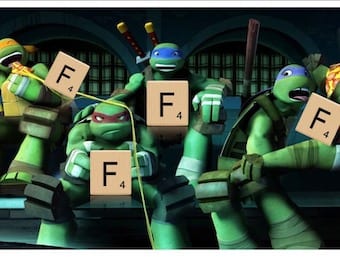
Funtabulously Frivolous Friday Five 102
Funtabulously Frivolous Friday Five 102 - Just when you thought your brain could unwind on a Friday, some medical trivia FFFF.

Funtabulously Frivolous Friday Five 102 - Just when you thought your brain could unwind on a Friday, some medical trivia FFFF.
Mephedrone is a new stimulant drug being abused on the street, and has recently been discovered in Australia. The following review provides emergency clinicians with assessing managing patients under the influence of mephedrone.

Approach to percutaneous dilatational tracheostomy (PDT) procedure
Muttered shadows pervade the lugubrious intermission chamber with a festive rainbow of illicit degustations. Red tablets, green pills, yellow capsules, white poppers, purple hum-dingers and now…pure bath salts.

Intercostal Catheter (Chest Drain) tube inserted into pleural space to allow drainage of contents

Central Venous Catheter (CVC) is a cannula placed in a central vein (e.g. subclavian, internal jugular or femoral)

Capnography waveform interpretation can be used for diagnosis and ventilator-trouble shooting. The CO2 waveform can be analyzed for 5 characteristics:–Height–Frequency–Rhythm–Baseline–Shape

Blood Warmer: Used with rapid transfusion rates (e.g. >50 mL/kg/hr), in already hypothermic patients or rare conditions where cold fluid delivery is problematic (e.g. cold agglutinins); massive transfusion (avoid hypothermia)

Blood gas syringe: used for blood gas analysis; collection of a blood sample for accurate analysis by a blood gas machine

Arterial line and Pressure Transducer

Blood filter: removal of microaggregates during blood transfusion; platelet, leucocyte and fibrin aggregates form in stored blood and are thought to produce pulmonary microembolism -> pulmonary dysfunction

Blood Culture Bottles: tubes for sampling blood for microbiological cultures; detection of circulating microorganisms in bacteraemia and septicaemia